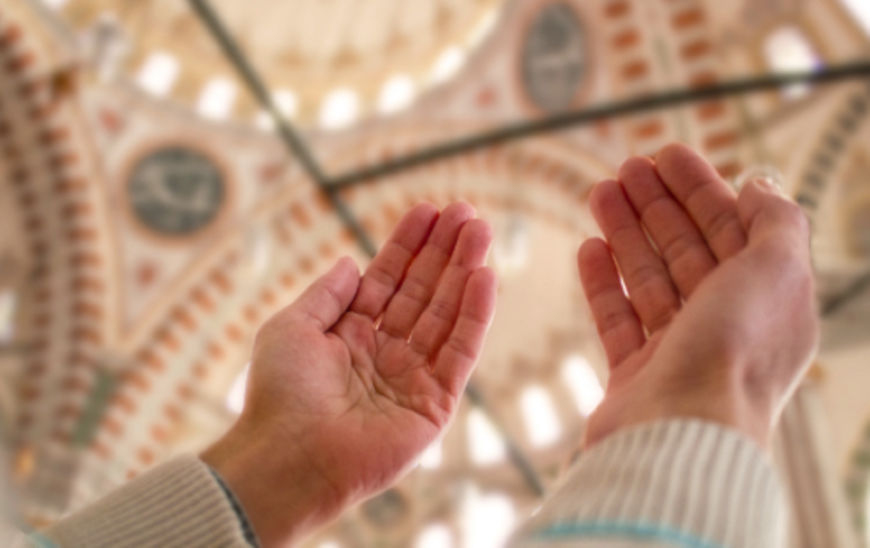
Eid prayer (Salah al-Eid) is one of the most significant acts of worship in Islam, performed twice a year during Eid al-Fitr and Eid al-Adha. It is a communal prayer that symbolizes gratitude, unity, and the celebration of divine blessings. This guide explores the importance of Eid prayer, how it differs between the two Eids, its proper execution, and the recommended supplications and recitations.
What is the Eid Prayer and Its Importance in Islam?
Eid prayer is a special congregational salah performed on the mornings of Eid al-Fitr (after Ramadan) and Eid al-Adha (during the Hajj season). It serves multiple purposes:
- A means of expressing gratitude to Allah for the completion of fasting or the blessing of sacrifice.
- A unifying act where the Muslim community gathers in large numbers to pray together.
- A demonstration of faith and obedience, as it follows the Sunnah of Prophet Muhammad (peace be upon him).
The Prophet Muhammad (peace be upon him) emphasized the importance of attending Eid prayer, encouraging men, women, and even children to participate.
Hadith: The Prophet (peace be upon him) said, "Verily, this is our festival, and this is for all the people." (Bukhari & Muslim)
Differences Between Eid al-Fitr and Eid al-Adha Prayers
While both Eid prayers follow the same general structure, they differ in timing and significance:
| Feature | Eid al-Fitr | Eid al-Adha |
|---|---|---|
| Timing | 1st day of Shawwal (after Ramadan) | 10th day of Dhul-Hijjah (during Hajj) |
| Purpose | Marks the end of fasting | Celebrates the spirit of sacrifice |
| Charity (Zakat) | Zakat al-Fitr must be given before the prayer | Sacrificial meat is distributed after the prayer |
| Takbir (Chanting Allah’s greatness) | Begins from night before Eid until prayer | Starts from 9th Dhul-Hijjah and continues until the 13th |
When and How to Perform Eid Prayer
When is the Eid Prayer Performed?
Eid prayer is performed in the morning after sunrise but before Dhuhr. The best time is shortly after the sun has fully risen, approximately 15-20 minutes after Fajr.
Can Eid Prayer be Performed at Home?
Eid prayer is ideally performed in a congregation, either in a mosque or an open field. However, if circumstances prevent attendance (e.g., illness, travel, pandemic restrictions), scholars permit performing it at home without a khutbah (sermon).
Where is the Best Place to Pray?
It is Sunnah to perform Eid prayer in a large open area (musalla) rather than inside the mosque, as was the practice of the Prophet (peace be upon him). However, mosques are also acceptable if space or weather conditions require it.
Step-by-Step Guide to Performing Eid Prayer
Eid prayer consists of two rakats and differs from the daily prayers due to the additional Takbir (saying 'Allahu Akbar').
Step 1: Intention (Niyyah)
Silently make the intention: "I intend to perform two rakats of Eid prayer for the sake of Allah."
Step 2: First Rakat
- Takbiratul Ihram: Say "Allahu Akbar" and raise hands.
- Additional Takbirs: Say "Allahu Akbar" six more times (total seven takbirs including Takbiratul Ihram).
- Recitation: The Imam or individual recites Surah Al-Fatiha, followed by Surah Al-A'la or another Surah.
- Perform Ruku' and Sujood, as in a regular prayer.
Step 3: Second Rakat
- Stand up for the second rakat and say five Takbirs.
- Recite Surah Al-Fatiha, followed by Surah Al-Ghashiyah or another Surah.
- Complete the rakat as usual with Ruku', Sujood, and Tashahhud.
- End with Tasleem (saying Salam to the right and left).
Step 4: Khutbah (Sermon)
After the prayer, the Imam delivers a sermon reminding the community about the significance of the occasion, gratitude, and social responsibilities.
Note: If praying at home individually, the khutbah is not obligatory.
Amber Prayer Beads and Their Significance
Prayer beads, known as Misbaha or Tasbih, are widely used by Muslims to keep count of dhikr (remembrance of Allah). Amber prayer beads hold special significance due to their natural origins and calming properties.
- Spiritual Benefits: Amber beads are believed to enhance concentration and bring tranquility during supplications.
- Physical Benefits: Some regard amber as having healing properties, aiding in relaxation and stress relief.
- Usage in Eid Celebrations: Many Muslims use prayer beads during Eid to engage in continuous dhikr, especially reciting "SubhanAllah, Alhamdulillah, Allahu Akbar" 33 times after prayers.
Amber prayer beads add a meaningful and traditional element to Eid worship, reinforcing mindfulness and devotion.
What to Recite During Eid Prayer?
Surahs for Recitation
The Prophet Muhammad (peace be upon him) commonly recited the following Surahs:
- First Rakat: Surah Al-A'la (87) or Surah Qaf (50).
- Second Rakat: Surah Al-Ghashiyah (88) or Surah Al-Qamar (54).
Takbir During Eid Prayer
The additional Takbirs (extra "Allahu Akbar") symbolize joy and glorification of Allah.
"Allahu Akbar, Allahu Akbar, La ilaha illa Allah, wa Allahu Akbar, Allahu Akbar wa lillahil-hamd."
Translation: "Allah is the Greatest, Allah is the Greatest. There is no deity but Allah, and Allah is the Greatest. Allah is the Greatest, and to Him belongs all praise."
Dua After Eid Prayer
After completing the prayer, it is recommended to make dua for personal and communal well-being:
"O Allah, accept our fasting, prayers, and good deeds. Forgive our sins and grant us continued guidance and blessings."
What to Do After Eid Prayer?
- Greet fellow Muslims with “Eid Mubarak” and supplicate for each other.
- Give Sadaqah (Charity):
- Before Eid al-Fitr: Give Zakat al-Fitr to the needy.
- After Eid al-Adha: Offer a Qurbani (sacrificial animal) and distribute the meat.
- Visit Family and Friends to spread joy and strengthen ties.
- Enjoy Festive Meals and appreciate Allah’s blessings.
Eid prayer is a beautiful and powerful act of worship that brings Muslims together in gratitude and celebration. Whether performed for Eid al-Fitr or Eid al-Adha, it reinforces faith, unity, and compassion within the community. By following the Sunnah and remembering Allah with Takbir, recitations, and supplications, we can make Eid a spiritually fulfilling and joyous occasion.
May Allah accept our prayers and grant us many blessed Eids to come! Eid Mubarak!
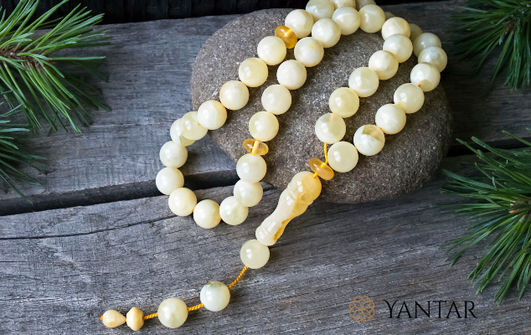
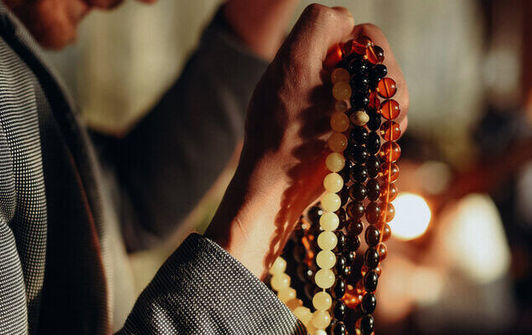
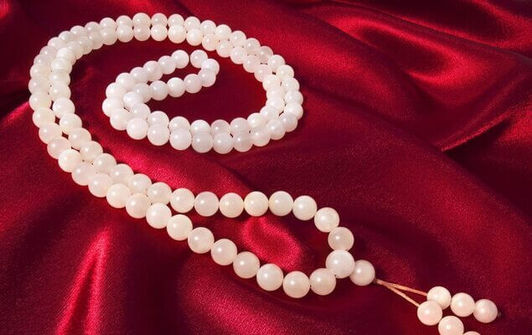

 Jewelry
Jewelry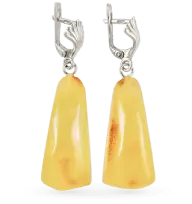 Silver amber jewelry
Silver amber jewelry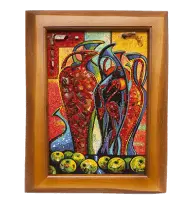 Amber pictures
Amber pictures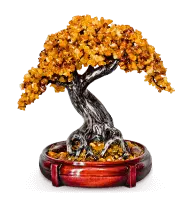 Souvenirs
Souvenirs